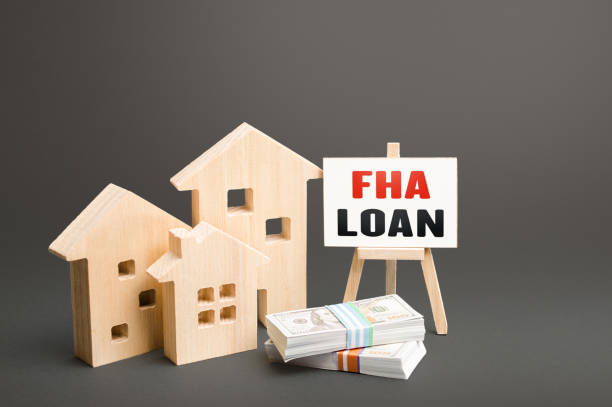FHA vs Conventional Loans for First-Time Homebuyers
For first-time homebuyers, navigating between FHA and conventional loans can be complex. This guide delves into the specifics of each to inform your decision.
Property Condition Requirements: A Closer Look

FHA loans require properties to meet specific conditions related to safety and habitability, like addressing chipping paint, ensuring functioning kitchens and bathrooms, and fixing broken windows or water damage. Conventional loans, with less specific requirements, might require corrections for issues like peeling paint, roof damage, or deficiencies in mechanical systems if noted by an appraiser.
Non-Occupant Co-Borrowers: FHA vs Conventional Rules
FHA loans generally require non-occupant co-borrowers to be family members, with a maximum LTV of 96.5%. For conventional loans, the maximum LTV is 95% with co-borrowers on title, offering a slightly different approach in terms of flexibility and LTV limits.
Down Payment and Gift Funds: Understanding the Differences

The FHA requires a minimum 3.5% down payment, which must be from the borrower’s funds or a down payment assistance program. In contrast, conventional loans allow for the entire down payment to be gifted, providing more flexibility for first-time home buyers.
DTI and Housing Expense Ratios: FHA vs Conventional
FHA loans often allow higher DTI ratios, potentially as high as 57%, compared to a maximum of 49% for conventional loans. This difference can be crucial for borrowers balancing income and debt.
Cost Comparisons: FHA and Conventional Loans
FHA loans include a 1.75% upfront mortgage insurance fee, with ongoing insurance for loans with less than 10% down. Conventional loans, however, terminate mortgage insurance automatically when the LTV reaches 79%.
Interest Rates and Credit Scores: A Comparative Analysis
With FHA loans generally offering lower interest rates and being more accommodating of lower credit scores, they often present a more accessible option for first-time buyers, especially in high LTV scenarios.
Loan Limits: Understanding the Variations
FHA loan limits are set at 65% of conventional loan limits, affecting the maximum borrowing capacity. For example, if conventional loan limits are $766,550, the FHA limit would be around $498,257.
Start your mortgage journey with our application process.
Get a home value estimate with our Home Value Estimator.
Use our Mortgage Calculator for payment estimates.
For more information, contact Christopher Gibson:
- Phone: 720-449-6622
- Email: C@ChrisRayGibson.com
- NMLS#: 1910430
Explore reverse mortgages for more options.
Find your dream home with Realty of Colorado.
Read our client reviews for insights into our service quality.
